Top 10 Halal Japanese Restaurants in Tokyo, Kyoto & Osaka (2025 Guide)
Many Muslim travelers dream of seeing Japan. They want to explore its lively culture, beautiful views, amazing food and Halal Japanese restaurants. But often, they wonder: Can I really enjoy real Japanese food and still follow my halal diet? Good news! The answer today is a big, clear yes!
Japan, a country known for doing things perfectly and being super welcoming (omotenashi), has changed fast to welcome Muslim visitors. It’s not hard anymore to find halal food. Now, more and more places, from small, comfy diners to fancy spots, are trying hard to serve Muslim guests. This guide is your perfect friend to help you find your way through Japan’s food scene. It makes sure you can enjoy every moment and every tasty bite without any stress.
Where to Find Halal Japanese Restaurants
you may wonder how do you actually find these amazing halal spots when you’re in Japan?
Good news: it’s way, way easier than you might think, especially in the bigger cities. To make your planning super simple, here’s a hand-picked list of 10 excellent, diverse halal and Muslim-friendly Japanese restaurants you absolutely should check out.
Our Top 10 Picks for Delicious Halal Japanese Food:
1. Honolu Halal Ramen – Osaka
-
Cuisine: Chicken ramen, beef bowl, gyoza
-
City / Area: Osaka (Motomachi)
- Website: Honolu Halal Ramen Osaka
-
Halal Status: Certified halal in all branches
-
Highlights: Flavor-filled ramen steeped in chicken-based broth—valued by Muslim and non‑Muslim visitors alike
-
Access: 1‑2 min walk from Naniwa-ku Motomachi
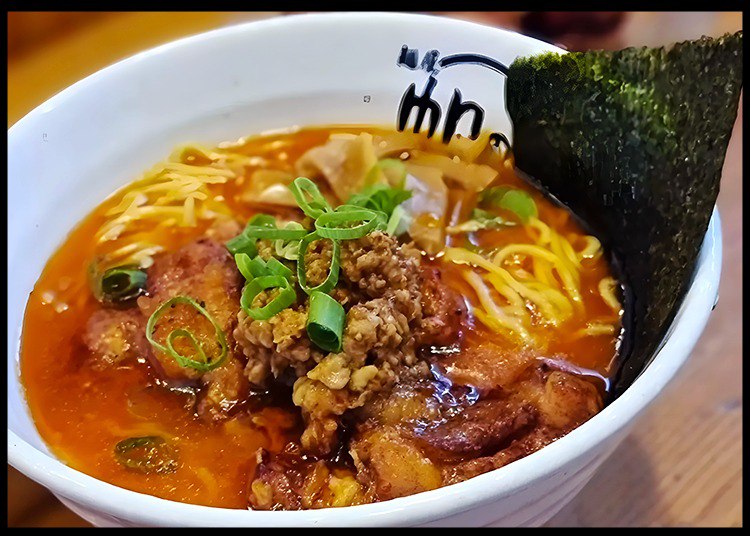
2. Ninja Yakiniku Asakusa – Tokyo (Asakusa)
-
Cuisine: Premium Halal Wagyu (A5 Iga Beef BBQ at your table)
-
City / Area: Tokyo – Asakusa (outside Okachimachi area)
- Website: Ninja Yakiniku Asakusa
-
Halal Status: Fully certified halal by Japan Halal Foundation (Iga Beef Wagyu)
- Highlights: Serves choicest A5‑grade Iga Beef, Dedicated prayer room and washroom facilities (wudu) available on-site, plus Wi-Fi and English-speaking staff. highly family- and solo‑travel friendly. Offers vegetarian options too.
- Opening Hours: Daily, 11:00 AM – 11:00 PM (closed irregularly). Average lunch ¥7,000; dinner ¥8,000.
- Access: 5-minute walk from Asakusa Station; located at The Room Asakusa, 7F, 1‑16‑11 Asakusa, Taito-ku, Tokyo.
- Phone / Booking: +81‑3‑6284‑7229; reservations via website or Instagram.
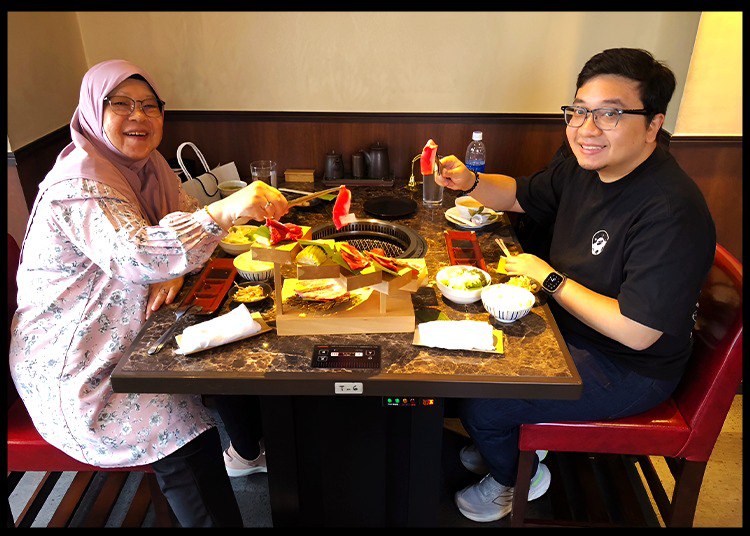
3. Matsuri – Osaka (Fukushima‑ku)
-
Cuisine: Sushi, ramen, takoyaki, okonomiyaki
-
City / Area: Osaka, Fukushima District
-
Halal Status: Halal-certified kitchen and ingredients
-
Highlights: Diverse Japanese comfort dishes, prayer space upon request, cozy cafe-style setting
-
Access: Near Fukushima Station, Osaka
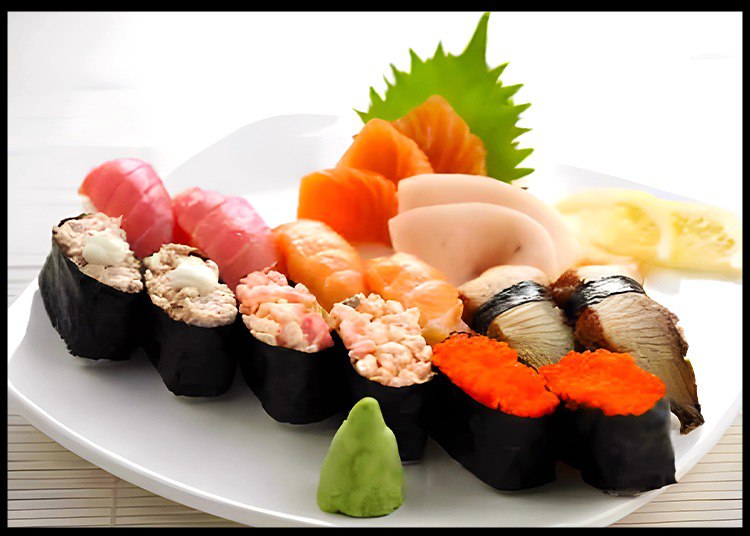
4. Honke Tankuma Honten – Kyoto
-
Cuisine: Traditional Kyoto kaiseki (multi-course) plus Wagyu
-
City / Area: Kyoto, near Kamo River
-
Halal Status: Certified by Kyoto Council for Sharia & Halal Affairs
-
Highlights: Elegant kaiseki with Wagyu beef and seasonal offerings; onsite prayer space; advance reservation needed
-
Access: Shimogyo-ku, Kyoto City
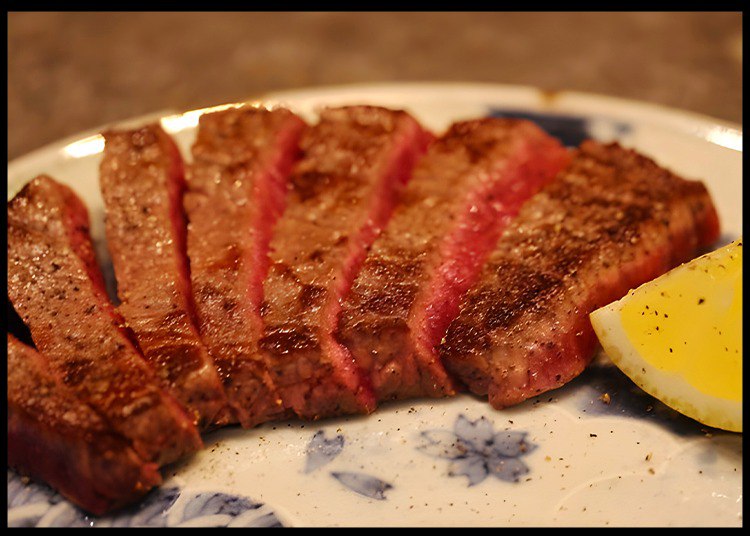
5. Yoshiya Arashiyama – Kyoto (Arashiyama District)
-
Cuisine: Tempura, Wagyu shabu-shabu, bento
-
City / Area: Arashiyama, Kyoto
-
Halal Status: Certified by Kyoto Council for Sharia & Halal Affairs Exquisite Goods
-
Highlights: Traditional washoku in serene surroundings; prayer room and wudu facility available
-
Access: Near Sagatenryuji Tsukurimichicho, Ukyo‑ku
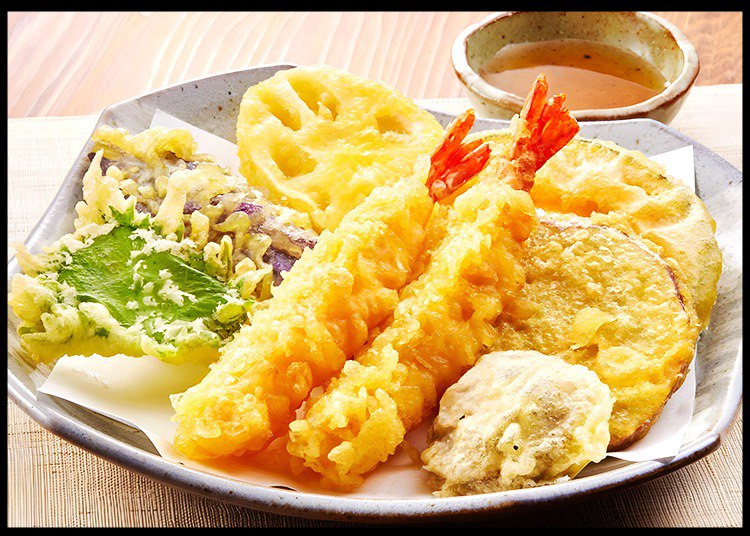
6. Okabeya – Kyoto (Kiyomizu area)
-
Cuisine: Tofu-based dishes, sukiyaki, tempura
-
City / Area: Higashiyama (near Kiyomizu-dera), Kyoto
-
Halal Status: Certified halal tofu and menus by Kyoto Sharia & Halal Affairs
-
Highlights: Vegetarian-focused, tofu made in-house, reservation needed for course menus
-
Access: ~8 min walk from Gojyo-zaka bus stop in Higashiyama
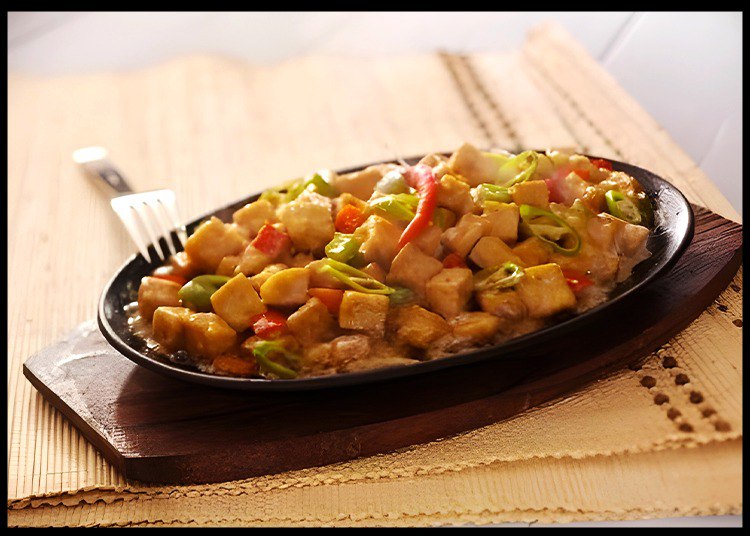
7. Nanzan Yakiniku – Kyoto (Sakyo-ku)
-
Cuisine: Halal-certified Japanese beef yakiniku & sushi
-
City / Area: Kyoto (near Shimogamo Shrine)
-
Halal Status: Certified halal by Kyoto Council for Sharia & Halal Affairs
-
Highlights: Kyo‑Tankuro Wagyu sushi, alcohol‑free sauces, top-quality yakiniku experience
-
Access: Shimogamo Kitanonogami‑cho, Sakyo‑ku, Kyoto
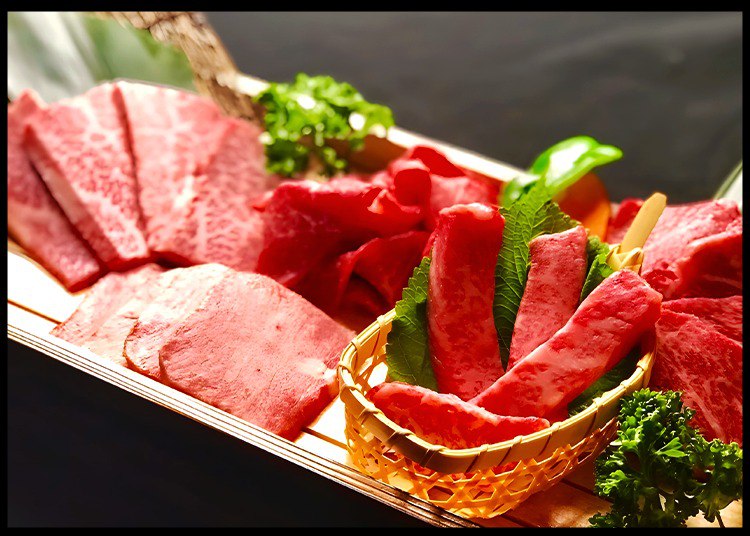
Not Fully Certified but Muslim‑Friendly (often pork‑free & alcohol‑free)
8. Halal Tendon Ginza Itsuki – Tokyo (Ginza)
-
Cuisine: Tendon (tempura over rice)
-
City / Area: Ginza, Tokyo
-
Halal Status: Muslim‑friendly halal tendon; not full restaurant‑wide certification
-
Highlights: Crunchy tempura over rice with halal chicken options; highly rated and affordable (~¥1000+)
-
Access: Inside Ginza Inz 2F, near Yurakucho Station
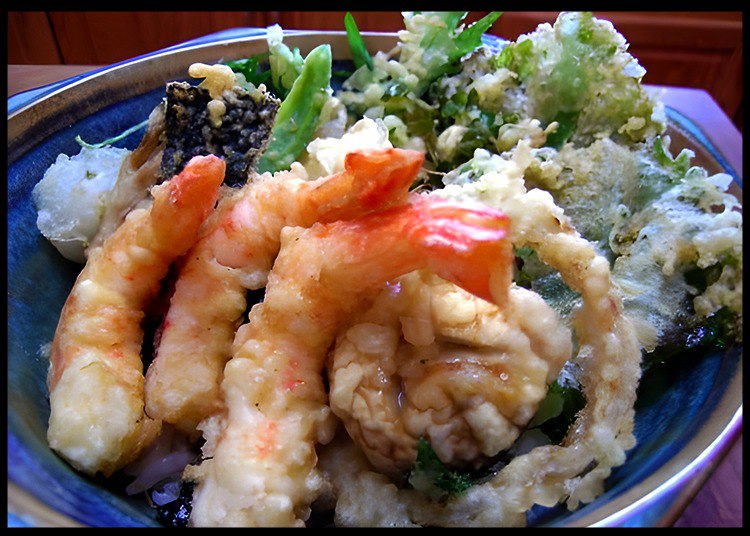
9. Ayam‑YA – Kyoto & Tokyo (Karasuma Kyoto branch)
-
Cuisine: Chicken ramen (halal)
-
City / Area: Kyoto (Karasuma) & Tokyo branches (Okachimachi/Shin-Okachimachi)
-
Halal Status: Certified for ramen only via Ayam‑YA network; prayer spaces available
-
Highlights: Rich chicken broth ramen; friendly for Muslim diners; first halal ramen in Kyoto
-
Access: Kyoto Karasuma location near Gion‑Shijo Station
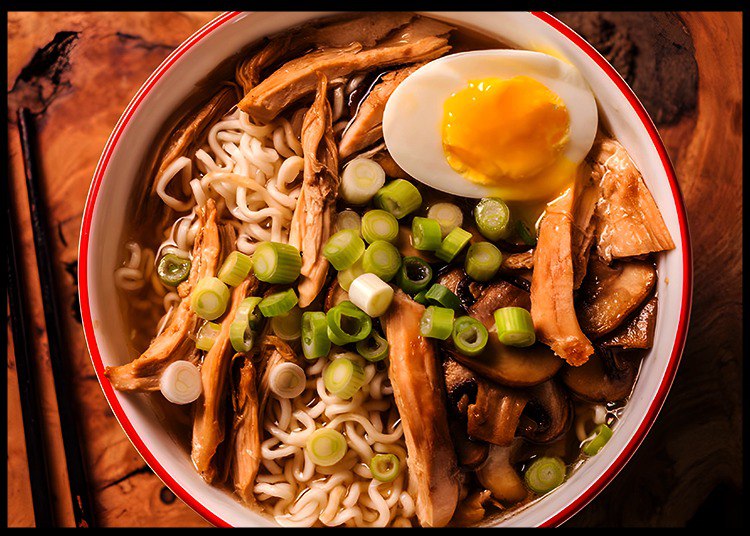
10. Gyumon – Kyoto (Gion Shijo area)
-
Cuisine: Yakiniku (grilled meat sets)
-
City / Area: Kyoto (Gion, near Kiyomizu)
-
Halal Status: Partially certified halal menus; separate preparation; onsite prayer available Reddit
-
Highlights: High-quality halal beef sets, cozy yakiniku experience in historic Kyoto
-
Access: Gion Shijo Station vicinity, Kyoto.
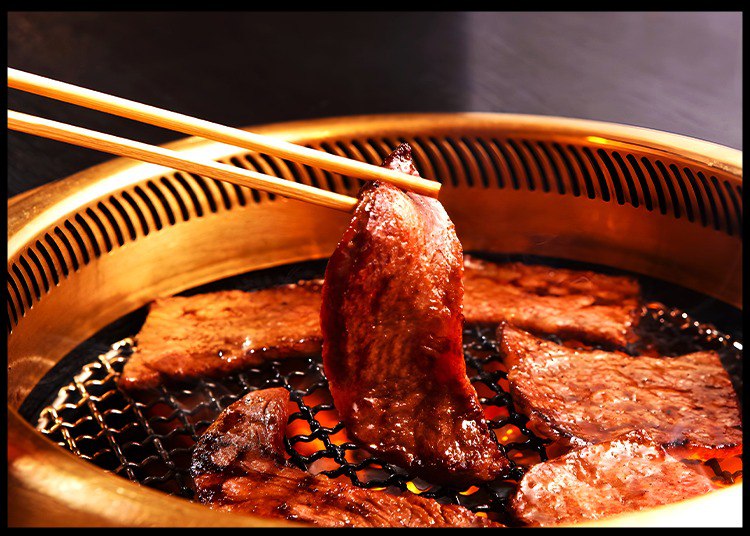
Can You Find Halal Japanese Food in Japan?
The way things are for Muslim travelers in Japan has changed a lot in the last ten years. What used to be a small worry is now a big, growing part of their tourism. This means many more halal-friendly food choices.
Does Japan Have Halal Restaurants?
Yes, they do! While official “halal” stamps are still somewhat new in Japan compared to other countries, the number of restaurants just for halal food and places that offer special halal menus is definitely going up. These aren’t just foreign food places. Many are true Japanese restaurants that have changed their kitchens and ingredients to meet halal rules. This means you can try everything from classic Halal sushi to rich Halal ramen and even amazing Halal Wagyu beef. All of it made just right for your diet.
Growing Muslim-Friendly Tourism in Japan
Japan’s government and its tourism industry have worked hard to attract Muslim tourists. They know how much these visitors add to travel around the world. This effort has led to more help, better info, and most importantly, more food choices. Big airports, popular tourist places, and city centers now often have prayer rooms and clear signs for Muslim-friendly services. This growing focus on making everyone feel welcome means your trip will be much smoother, more comfortable, and incredibly tastier.
How to Check if Your Food is Halal in Japan
Even with all this good change, it’s smart to be ready. Here’s how you can confidently pick where to eat:
Look for Official Stamps:
Some restaurants proudly show halal certification logos from real Japanese halal groups. These are the surest signs.
“Muslim-Friendly” vs. “Halal”:
Know the Difference. “Halal” means the food and how it’s made completely follow Islamic diet rules. “Muslim-friendly” often means they have food without pork or alcohol, but there might be a chance of mixing ingredients. Or, the meat itself might not be officially halal. Always ask if you’re not sure.
Just Ask!
Don’t be afraid to talk to the restaurant staff. Many Japanese restaurant workers are learning more about halal needs. A simple question like “Kore wa hararu desu ka?” (Is this halal?) or “Pork to alcohol wa arimasen ka?” (Does this have pork or alcohol?) can help a lot.
Use Online Tools:
Use special apps and websites (we’ll talk more about these later) that list halal and Muslim-friendly restaurants. These are super helpful for planning your meals before you.
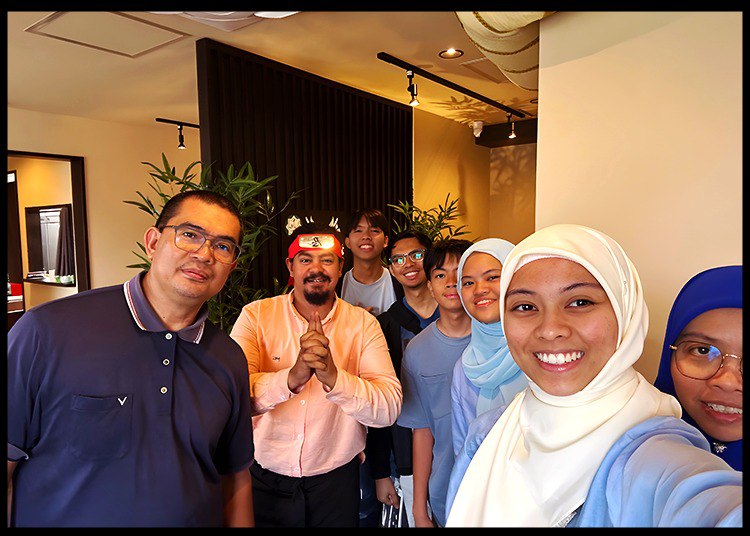
Types of Halal Japanese Food You Can Enjoy
all the amazing Japanese dishes you can actually enjoy without a single worry! You’re going to be so excited by the tasty choices waiting for you.
Halal Sushi
When most people think of Japanese food, sushi usually pops into their head first. And guess what? A lot of it is totally fine for a halal diet! The secret is in what’s inside. Fish and seafood—things like tuna, salmon, shrimp, octopus, and different kinds of shellfish—are naturally halal. Even the rice vinegar they use for sushi rice is usually good to go.
You just need to be a little careful about some sauces (like if they use mirin in marinades) or if a place isn’t careful about keeping halal and non-halal items separate. But when you find a restaurant that’s truly halal or super Muslim-friendly, you can just dive into those beautiful rolls and delicate pieces with complete peace of mind. Imagine those fresh, light flavors—seriously, you have to try it!
Halal Japanese Curry, Ramen, and Bento
These are basically the comfort foods of Japan, and guess what? You can find halal versions that are just as rich and satisfying as the originals!
Japanese Curry:
Think of it as a thick, savory, slightly sweet sauce poured over rice, often with some crispy fried meat on top. For halal versions, they simply swap out pork or regular beef for halal chicken, halal beef, or even just veggies. It’s a super filling and incredibly tasty dish, perfect when you’re really hungry.
Ramen:
Okay, traditional ramen broth usually comes from pork bones, which is a big no-no. But here’s the awesome news: lots of places now offer halal ramen! They make the rich broth using chicken, beef, or even just vegetable bases, and they make sure the noodles and all the toppings are halal too. You get that same deep, delicious flavor without any compromises.
Bento Boxes:
These are those fantastic packed lunches—super handy and can be an amazing halal pick. A halal bento box will have carefully chosen items inside—maybe some grilled halal chicken or fish, fresh veggies, rice, and other halal side dishes. They’re just perfect for a picnic, a long train ride, or just a quick, delicious meal on the go.
Halal Wagyu & Yakiniku
For many meat lovers visiting Japan, this is the absolute highlight, and for a very good reason! Wagyu beef is famous worldwide for its unbelievable marbling and how it just melts in your mouth. For a long time, finding halal Wagyu seemed impossible, but not anymore!
Special restaurants, like Ninja Yakiniku Asakusa (that’s us!), work hard to get certified halal Wagyu. This means the cows were raised and processed exactly according to Islamic rules. When you come to a place like ours, you get to truly experience yakiniku—the pure joy of grilling your own premium cuts of beef right there at your table—knowing every single piece is 100% halal. It’s an unforgettable food adventure that you absolutely cannot miss. The rich taste, the super tender texture… it’s honestly a dream come true for anyone who loves halal meat!
Japanese Desserts and Snacks—Is Pocky Safe?
Desserts and snacks are usually a bit easier, but it’s always smart to be mindful. Many classic Japanese sweets called wagashi are made from plant-based stuff like red bean paste, rice flour, and fruit, so they’re naturally halal.
For packaged snacks, like those popular Pocky sticks, you need to check the ingredients list. Some might have gelatin (which could be pork-based) or certain types of shortening. But many brands do offer varieties that are totally fine, especially those with fruit or chocolate that don’t use animal ingredients. Always double-check the labels, or if you find officially halal-certified options, just stick with those for
How to Find These Places: Your Handy Tools
So, how do you discover these hidden gems? Your best helpers will be online tools:
Special Halal Apps/Websites:
There are some great apps and websites made just for Muslim travelers in Japan. They list restaurants, show if they’re officially halal-certified (or just Muslim-friendly), and often have reviews from other Muslim visitors. A quick search will show you these super helpful tools.
Google Maps & Filters:
Don’t forget good old Google Maps! You can search for “halal Japanese food near me” or use the filters to look for “halal” restaurants. It’s not always 100% perfect, but it’s a great way to start looking.
Restaurant Websites:
always check a restaurant’s own website. Most places that cater to halal diners will clearly say so on their site, often with details about their certificates or special menus. For example, a quick peek at Ninja Yakiniku Asakusa’s website will instantly show you how serious we are about giving you an amazing halal yakiniku.
Tips for Muslims Traveling in Japan
Traveling to Japan as a Muslim is getting way easier, but a few simple tips can make your trip even smoother and more fun.
Is Japan Friendly to Muslims?
Oh, absolutely! Japan is famous for being incredibly polite and respectful – they call it omotenashi. This deep sense of welcoming really applies to everyone. Even though Japan isn’t traditionally a Muslim country, Japanese people are generally very warm and curious. They genuinely try hard to help visitors from all backgrounds. You’ll find a respectful and safe place here, and often, folks will go out of their way to lend a hand if you have special needs.
Halal vs. Muslim-Friendly – Don’t Get Confused
We talked about this a bit before, but it’s super important to keep in mind:
1- Halal means everything – the food, how it’s made, the kitchen – completely follows Islamic law. This is your gold standard for zero worries.
2- Muslim-Friendly usually means the place is trying its best. They’ll likely avoid pork and alcohol, which is great! But they might not have separate cooking areas or officially certified meat. So, if you see “Muslim-Friendly,” it’s always smart to ask more questions if you’re unsure. For true halal, look for those clear certifications.
How to Talk About Your Food Needs in Japanese
Don’t sweat it if your Japanese isn’t perfect! Just a couple of easy phrases can really help you out:
“Hararu desu ka?” (Is this halal?)
“Pork wa arimasen ka?” (No pork in this?)
“Arukooru wa arimasen ka?” (No alcohol in this?)
“Watashi wa musulimu desu.” (I’m Muslim.)
“Butaniku to arkooru o tabemasen/nomimasen.” (I don’t eat/drink pork and alcohol.)
It’s also a fantastic idea to keep a little note or a picture on your phone with these phrases written in Japanese. Showing it can be way faster and clearer!
Is KFC Halal in Japan?
This is a really common question people ask! Sadly, KFC in Japan is generally NOT halal. Unlike some other countries where you might find halal KFC, the KFC spots all over Japan usually don’t use halal-certified chicken, and they don’t follow halal cooking rules. So, it’s best to stick to restaurants that are actually halal for your fried chicken cravings while you’re in Japan.
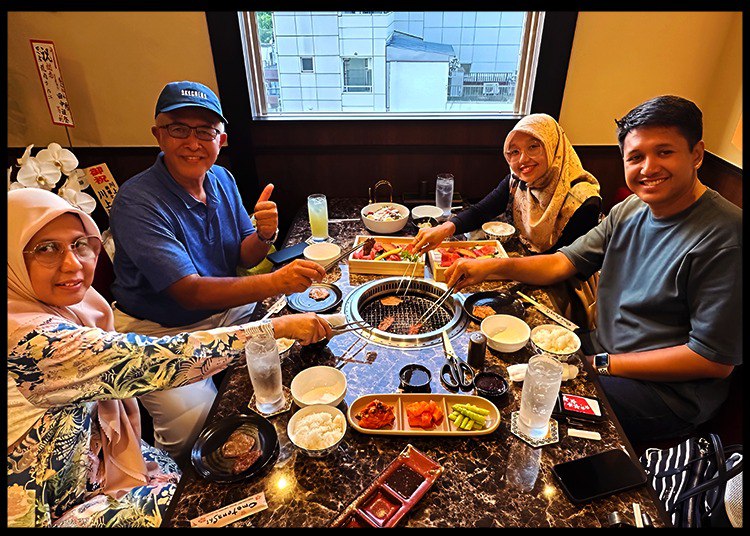
Why Ninja Yakiniku Asakusa is Our Top Pick
Hopefully, this guide has shown you just how lively and welcoming Japan’s food scene has become for Muslim travelers. You seriously don’t have to choose between amazing taste and your faith!
When you’re putting together your unforgettable trip to Japan, remember to plan a visit to Ninja Yakiniku Asakusa. We’re super passionate about giving you a top-notch, 100% certified halal Wagyu yakiniku experience right in the heart of Tokyo. Come on over and grill the most incredible, delicious beef at your own table, knowing every single bite is made with total care and respect for your beliefs.
Don’t just dream about real halal Japanese food – come and taste it for yourself at Ninja Yakiniku Asakusa! Book your table today and let us make your food journey in Japan truly special.
Read More
|
|





